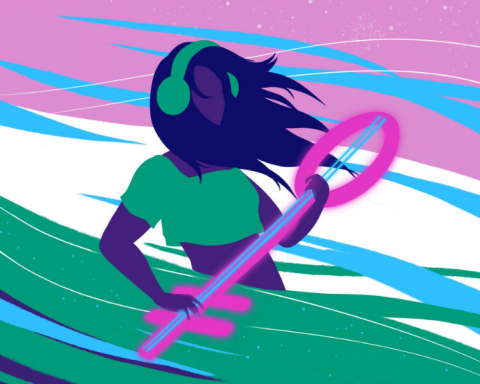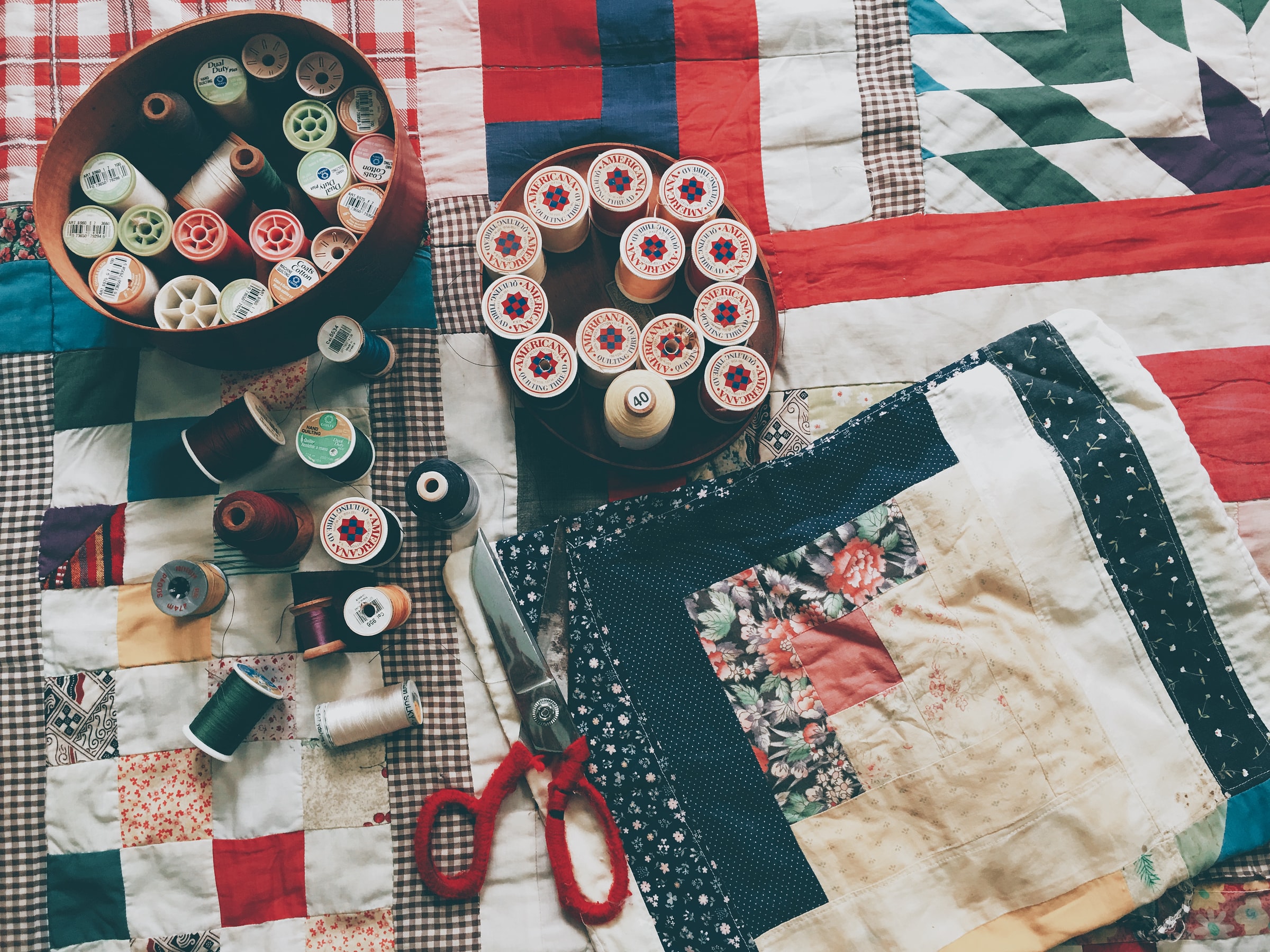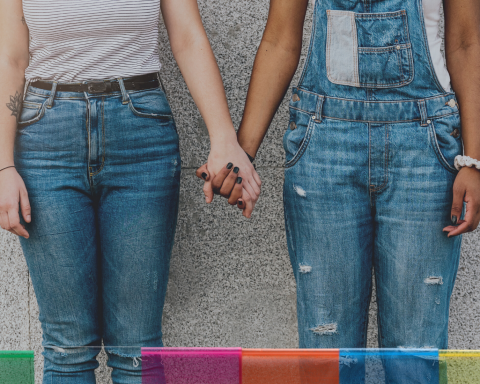I remember when I first discovered him. I was hooked as soon as I heard the deep bass, the background harmonies, his voice, and the lyrical flow. I wondered why I’d never listened to Ed Sheeran before. His song Don’t will forever be known as the song that made me fall in love with him.
I felt special. I loved being in love with his music, and I felt a connection with every song he wrote.
But soon after, I began to feel the need to justify my affection. I memorised all his music, fearing being judged by someone who could list all of his songs and shared videos of myself fangirling to justify that I was a committed Sheerio. I would also feel guilty for not being signed up to his mailing list and feeling threatened by a friend when she claimed she was also an Ed Sheeran fan.
This strange pressure to be the perfect fan that I had been experiencing raised a question: why does it happen? Why are some people susceptible to feeling such strain that borders obsession? Well, who better to ask someone who knows how the human brain works.
“I think it’s about the sense that you feel better connected to that person than anybody else does,” says Dr Lynda Parnham, a clinical psychologist of the Wiltshire Psychology Service. “Should that person meet you, you would be the person that knows everything.”
Dr Parnham has spent the last fourteen years helping patients with post-traumatic stress, depression, anxiety and eating disorders while also helping to boost their self-confidence and self-esteem. But the psychologist was more than happy to explain the mindset behind the pressures of being the perfect fan and why many become so besotted and potentially obsessive. “It’s like you’re their best friend, even though it’s a one-sided thing,” she says. “It’s that sort of feeling that you then are the closest, you’ve got the top trump, you’re the nearest to being the best friend than anybody else is.”
When someone does not know everything about their “best friend”, the psychologist explains why a fan might feel guilty. “It’s the idea that somebody else knows them a little bit better than you do,” she says. “I guess the guilt is that you’ve kind of not been giving them your full attention.”
As people, Dr Parnham says how we don’t generally like the revelation that somebody may be more perfect than we are. If we decide that we want to be the number one fan, then it’s a bit “galling” when we find out we might not necessarily be.
Perhaps surprisingly, musicians having an overzealous fanbase is not a modern occurrence, as such a subculture dates back to at least as early as the 19th Century with the Hungarian composer Franz Liszt. From screaming, cheering and swooning, to fighting over his handkerchiefs, women all over Europe were entranced by Liszt’s way with the piano. His biographer Dr Oliver Hilmes described how women often forgot their “refined” upbringing and would throw themselves at the composer leading to German poet Heinrich Heine coining the term Lisztomania to describe this behaviour.
Similar phenomena have made their way into the 60s with Beatlemania and progressed to modern-day Directioners. But the ever-growing sensation of social media has given all fandoms a platform to express their undying commitment to their favourite musician and attack anyone who would think or show otherwise.
When I ask Dr Parnham about social media’s influence on a toxic fanbase, she tells me a bit about group psychology. “You’re either in, or you’re out and if you kind of suggest you’re wavering, then you get kicked out,” says Dr Parnham.
With group psychology, the behavioural and psychological relationship between two or more groups is studied. This includes perceptions, attitudes, opinions, and behaviours towards one’s own group and towards another group. While explaining this, Dr Parnham remembered when the reality tv show Big Brother made its debut. The psychologist says it enabled the psychology community to look into group dynamics since it was built as a social psychology experiment. From watching the housemates interact with each other, the community saw how some contestants would bond by complaining about other contestants. Dr Parnham believes it’s like a tribe, and if a member were to say something that challenges the status quo, they would be kicked out. “If you’re showing some dissent, then they don’t want to hear it,” says Dr Parnham. “They’d rather just get rid of you and forcibly reject you so that they don’t have to question their own belief system.”
With this internal need to keep up appearances for yourself and to people behind a screen, it makes sense why there is an overall struggle to be the perfect follower. But what might the person’s idol expect from them? The only way to find out is to ask them.
Rae Lim is an actor who became a singer-songwriter during the first lockdown. You might recognise her from her appearances in Bridget Jones’s Baby or Avenue 5 or have heard her recent single GTFO. While waiting to see her cameo in No Time To Die, Lim had some time to talk to me about her fanbase and how she expects them to be.
“I expect them [her fans] to be normal human beings,” says Lim while sipping her tea in her apartment. The actress returned from what she felt was a “tanked” audition, but I assured her it must have gone well. “I expect them to be like me, just kind of trying to get on with their lives and doing things that matter to them.”
The singer stresses that her fans don’t have to like every song she releases, go to every one of her concerts or stay up until sunrise to watch her live streams. “As long as you’re not hurting yourself, or putting pressure on yourself, then that’s the best way to be a fan,” says Lim.

The singer might not have incredible demands from her fanbase, but do her supporters live up to this? I was curious to know what the relationship is like between Lim and her followers.
She tells me the rapport has mainly been positive, with 95% being good and the rest being negative. Lim tells me how the former has supported her as a person and as an artist by sharing and purchasing her release or sending videos of them singing to her songs. While the negative 5 per cent consists of fans, especially those Lim has communicated with, thinking they have control over her music.
“They feel like they have the right to tell you what to do with your next song or whatever, and that’s usually quite difficult,” says Lim, who says it’s like if all of your friends would tell you what to do in your day-to-day life, which is impossible. “You can’t do that, and then you feel bad because then you’re letting your fans down because you couldn’t give them what they asked for.”
So, when I ask Lim what the perfect fan is to her, she says: “I think an ideal fan is someone who supports you and your craft but wouldn’t become obsessive.”
Although Lim has experienced some negativity with her fanbase, it’s important to remember that this is a tiny fraction on a much larger scale. Understanding the mindset, finding familiarity, and asking a musician for solace has made me realise that this pressure might not be as concrete as I thought. The older I get, the more work I have to do. I don’t have time to watch every single premiere of Ed Sheeran’s music videos and constantly declare my affection on Twitter.
Am I still a fan of him? Yes.
Do I fear someone else might be a bigger fan than I am? Definitely.
But, understanding why this reaction happens and knowing it’s fairly normal certainly helps get on with my day.
Anam Alam is a graduate journalist who was written about topics ranging from veganism, skincare and sex education. You can find her on Twitter at @itsanamalam.






